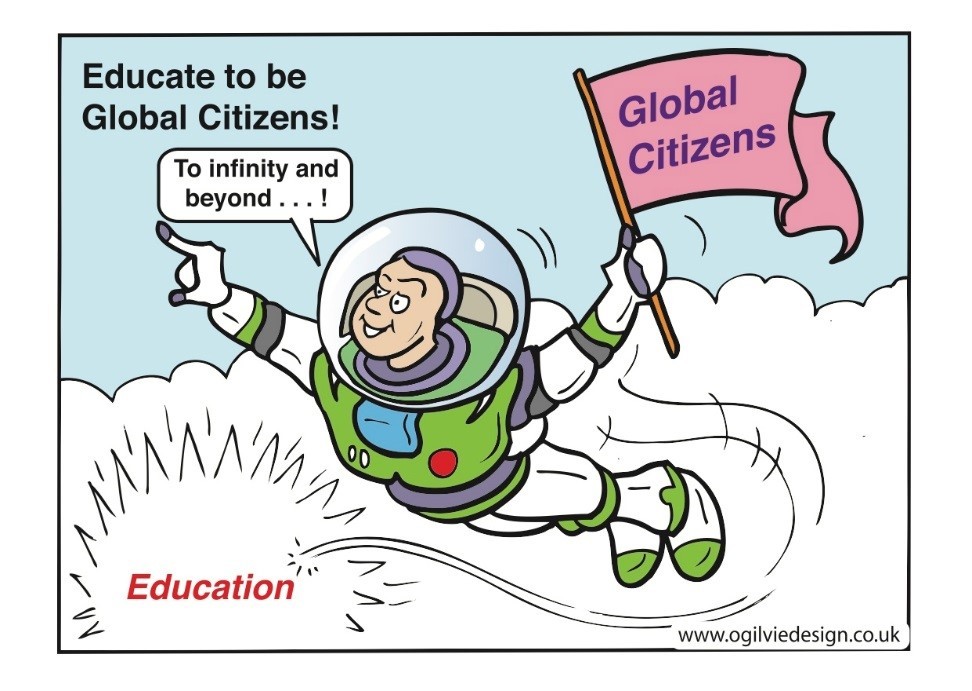 Falkirk practitioners can take advantage of the wide range of continuing professional learning opportunities provided by the Scottish Development in Education Centre for Learning for Sustainability. Falkirk CPD Manager makes it easy to sign up for these free training sessions and previous evaluations by teachers have been very positive. Use the links below for more information. Sign up in the usual way using the course codes to help you.
Falkirk practitioners can take advantage of the wide range of continuing professional learning opportunities provided by the Scottish Development in Education Centre for Learning for Sustainability. Falkirk CPD Manager makes it easy to sign up for these free training sessions and previous evaluations by teachers have been very positive. Use the links below for more information. Sign up in the usual way using the course codes to help you.
Global learning, sustainable learning: how is it going with you? 26th November 2016, a location of your choice! LfS14
Done Fairtrade? Tried out an issues tree? Like pupil participation? Keen to make local to global connections?
This GLOW meet is all about sharing good practice in Global Citizenship, thinking about how it supports Learning for Sustainability and finding out what further resources and support are available to you and your schools. Click here for the flyer
Fairtrade Christmas – 3rd December, Camelon Education Centre, LfS 10
A professional learning workshop to reflect on Fairtrade within the context of Christmas, our consumer habits and Human Rights Click here for the flyer
Sustainable living: food, phones and fashion – 14th January 2016, Camelon Education Centre, LfS 13
What do you know about how your mobile phone, your food and your clothes were produced? Who made them? What kind of life do they have? What impact did its production have on the environment?
Click here for the flyer
Global Citizenship: planning for active and participatory learning 10th & 17th March 2016, Camelon Education Centre, LfS 09
This course offers a practical approach to planning for a Global Citizenship approach to learning in the classroom us an active learning approach. This is a 2 part CPD followed by a Showcase and reflection on 28 April 2016 where participants will have an opportunity to share good practice with other practitioners.
On 28th April 2016, there will also be a special Learning for Sustainability event where we will celebrate the classroom practice which has taken place following this professional learning – sign up using LfS 15. Signposts for Global Citizenship, has an extensive range resources and ideas for many aspects of Learning for Sustainability.


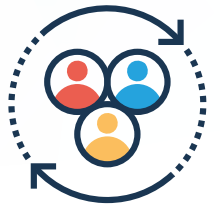
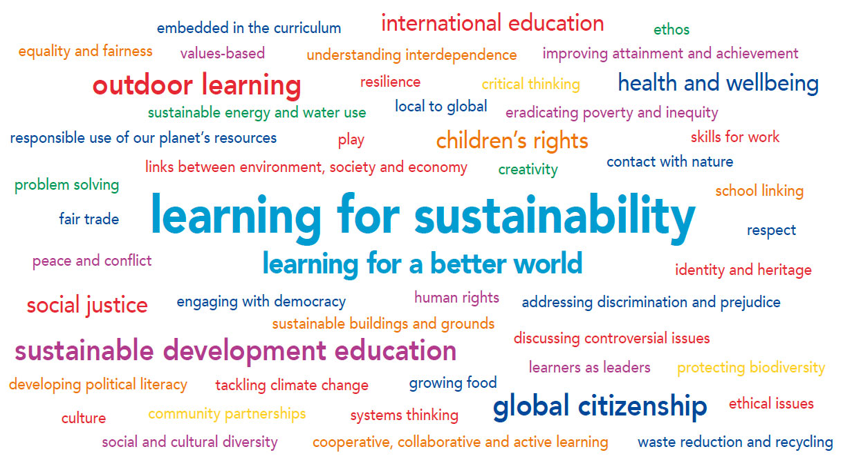


 Scotdec are delighted to share with you professional learning opportunities around Learning for Sustainability for November and December 2020. All courses are free and take place online.
Scotdec are delighted to share with you professional learning opportunities around Learning for Sustainability for November and December 2020. All courses are free and take place online.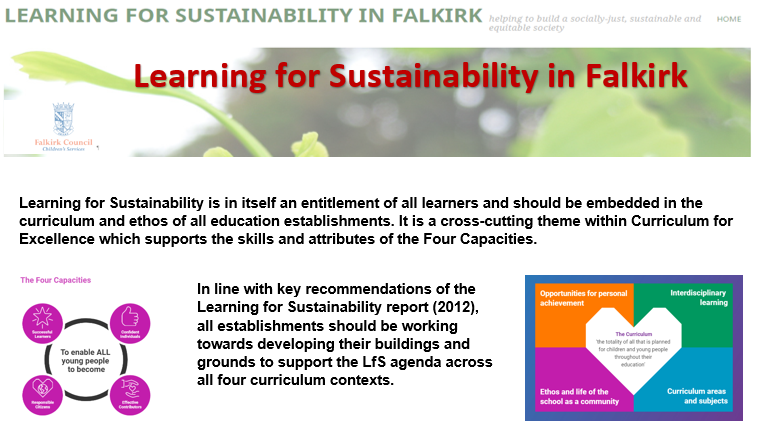

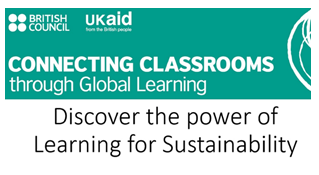
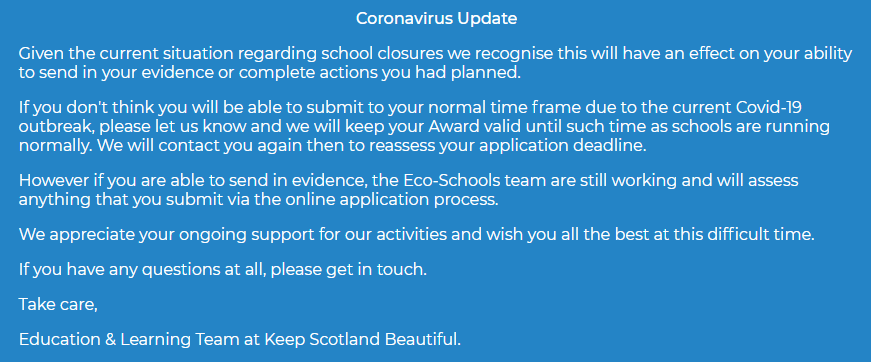
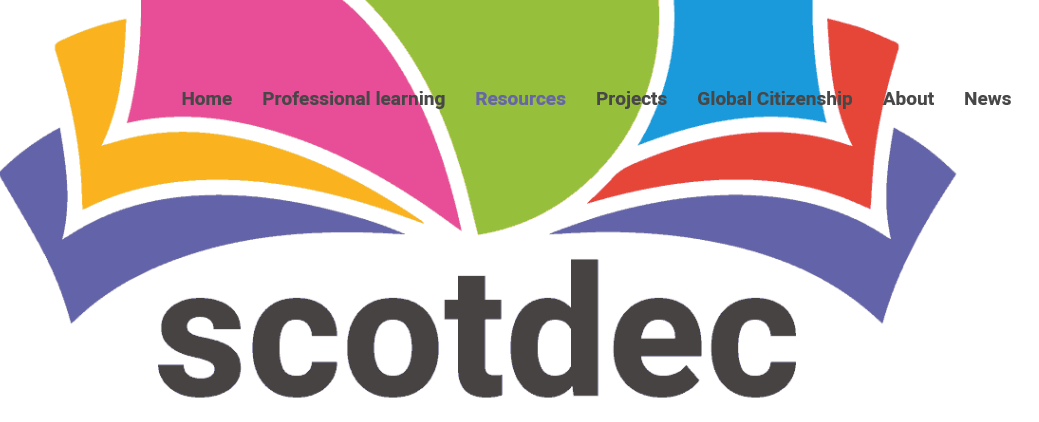
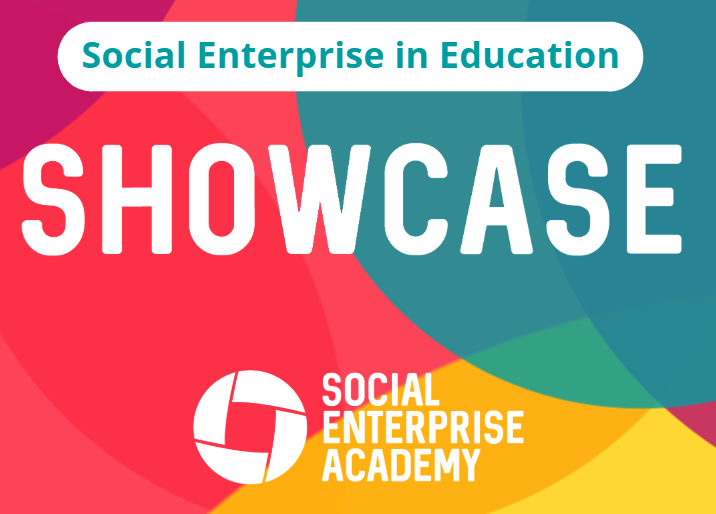
 In August 2017 Alistair Findlay, acting principal teacher at Bantaskin PS began to work with primary 5, 6 and & 7 pupils on a “Good Food” project. This project developed from recommendations in the Better Eating, Better Learning document and was instigated by findings from the Healthy Living surveys which take place each year. Evidence from the 2017 survey showed that only 30% of primary 5-7 children were eating fruit daily, and only one fifth of pupils ate vegetables daily.
In August 2017 Alistair Findlay, acting principal teacher at Bantaskin PS began to work with primary 5, 6 and & 7 pupils on a “Good Food” project. This project developed from recommendations in the Better Eating, Better Learning document and was instigated by findings from the Healthy Living surveys which take place each year. Evidence from the 2017 survey showed that only 30% of primary 5-7 children were eating fruit daily, and only one fifth of pupils ate vegetables daily.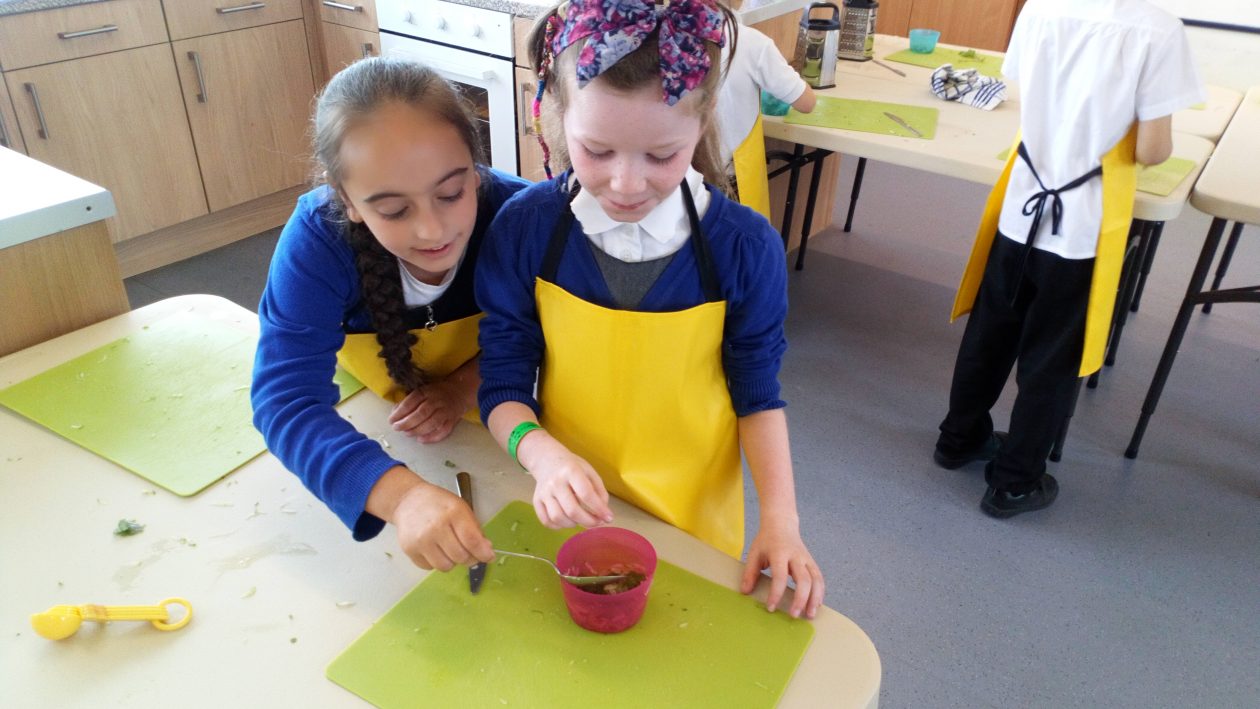
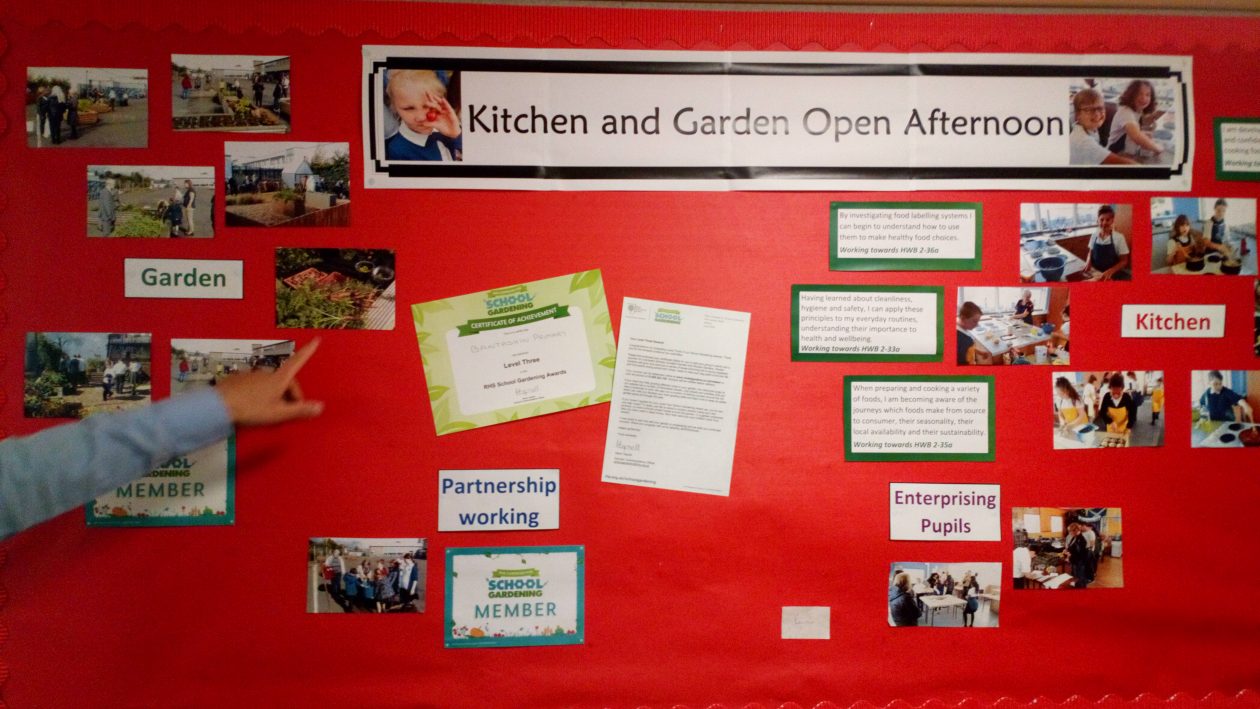
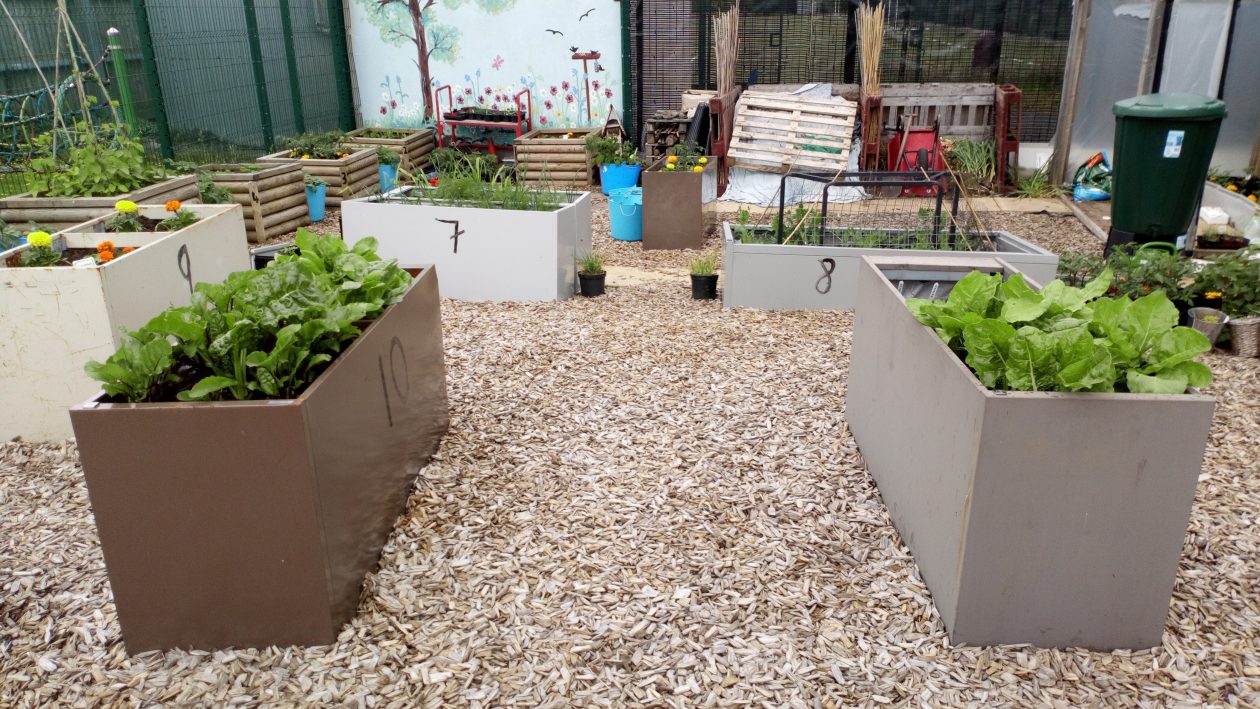
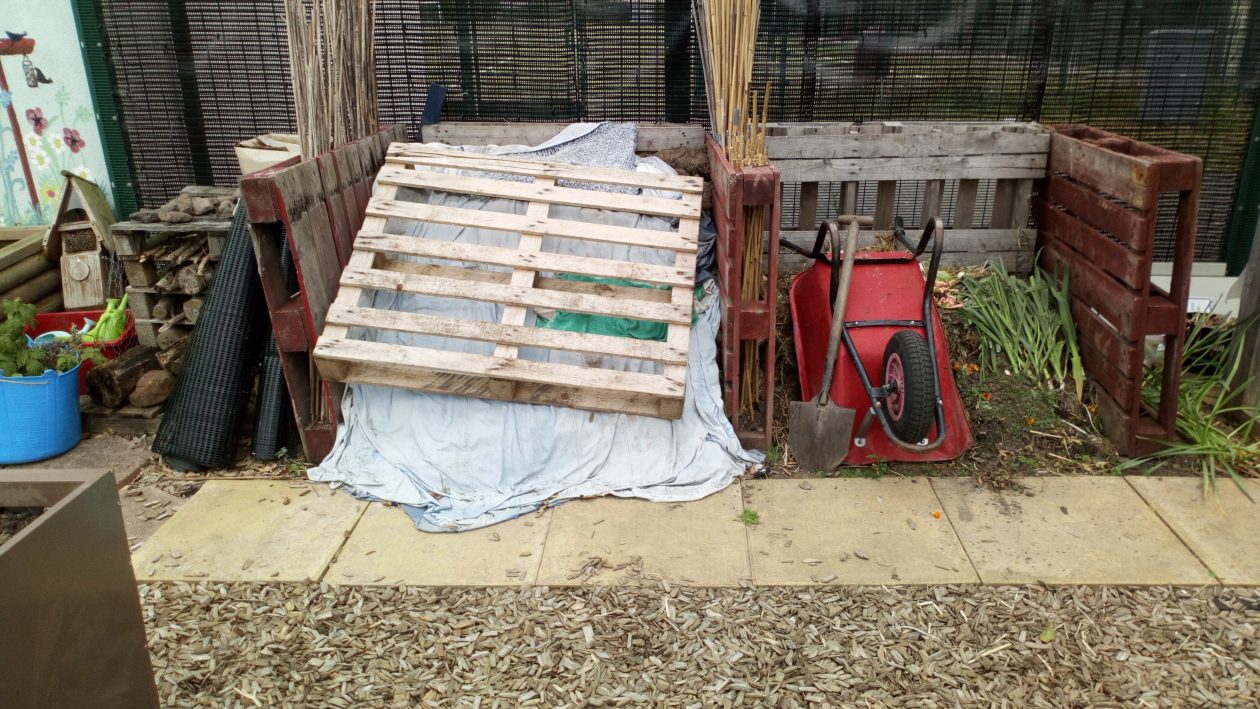
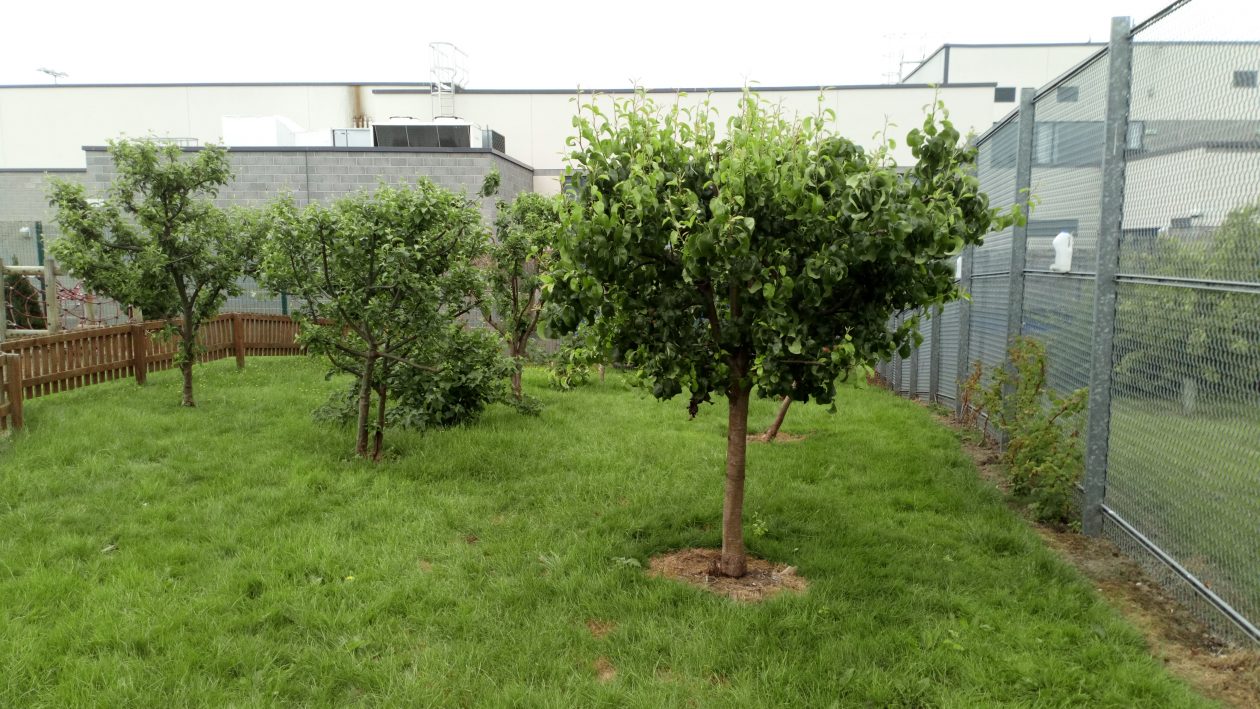
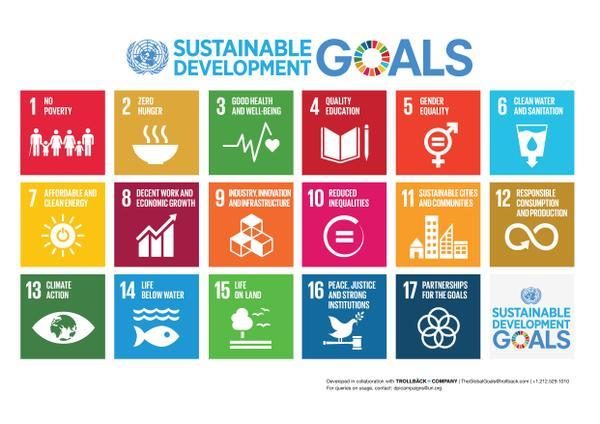
![WP_20160316_001[1]](https://blogs.glowscotland.org.uk/fa/public/lfsfalkirk/uploads/sites/2215/2016/03/WP_20160316_0011.jpg)
![WP_20160316_003[1]](https://blogs.glowscotland.org.uk/fa/public/lfsfalkirk/uploads/sites/2215/2016/03/WP_20160316_0031.jpg)
![WP_20160316_006[1]](https://blogs.glowscotland.org.uk/fa/public/lfsfalkirk/uploads/sites/2215/2016/03/WP_20160316_0061.jpg)
![WP_20160316_009[1]](https://blogs.glowscotland.org.uk/fa/public/lfsfalkirk/uploads/sites/2215/2016/03/WP_20160316_0091.jpg)
![WP_20160316_002[1]](https://blogs.glowscotland.org.uk/fa/public/lfsfalkirk/uploads/sites/2215/2016/03/WP_20160316_0021.jpg)
![WP_20160316_013[1]](https://blogs.glowscotland.org.uk/fa/public/lfsfalkirk/uploads/sites/2215/2016/03/WP_20160316_0131.jpg)
![WP_20160316_015[1]](https://blogs.glowscotland.org.uk/fa/public/lfsfalkirk/uploads/sites/2215/2016/03/WP_20160316_0151.jpg)
![WP_20151204_001[1]](https://blogs.glowscotland.org.uk/fa/public/lfsfalkirk/uploads/sites/2215/2015/12/WP_20151204_0011.jpg)

